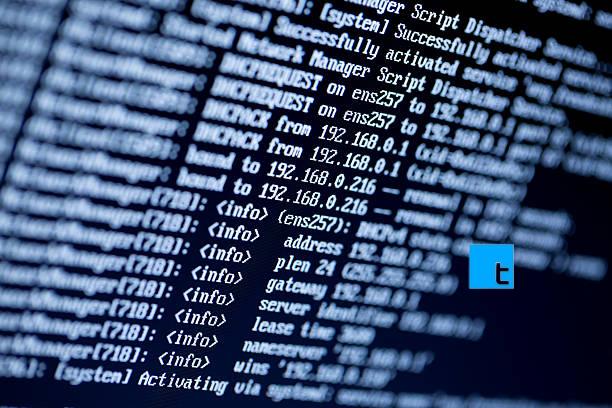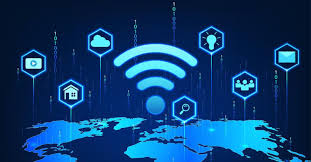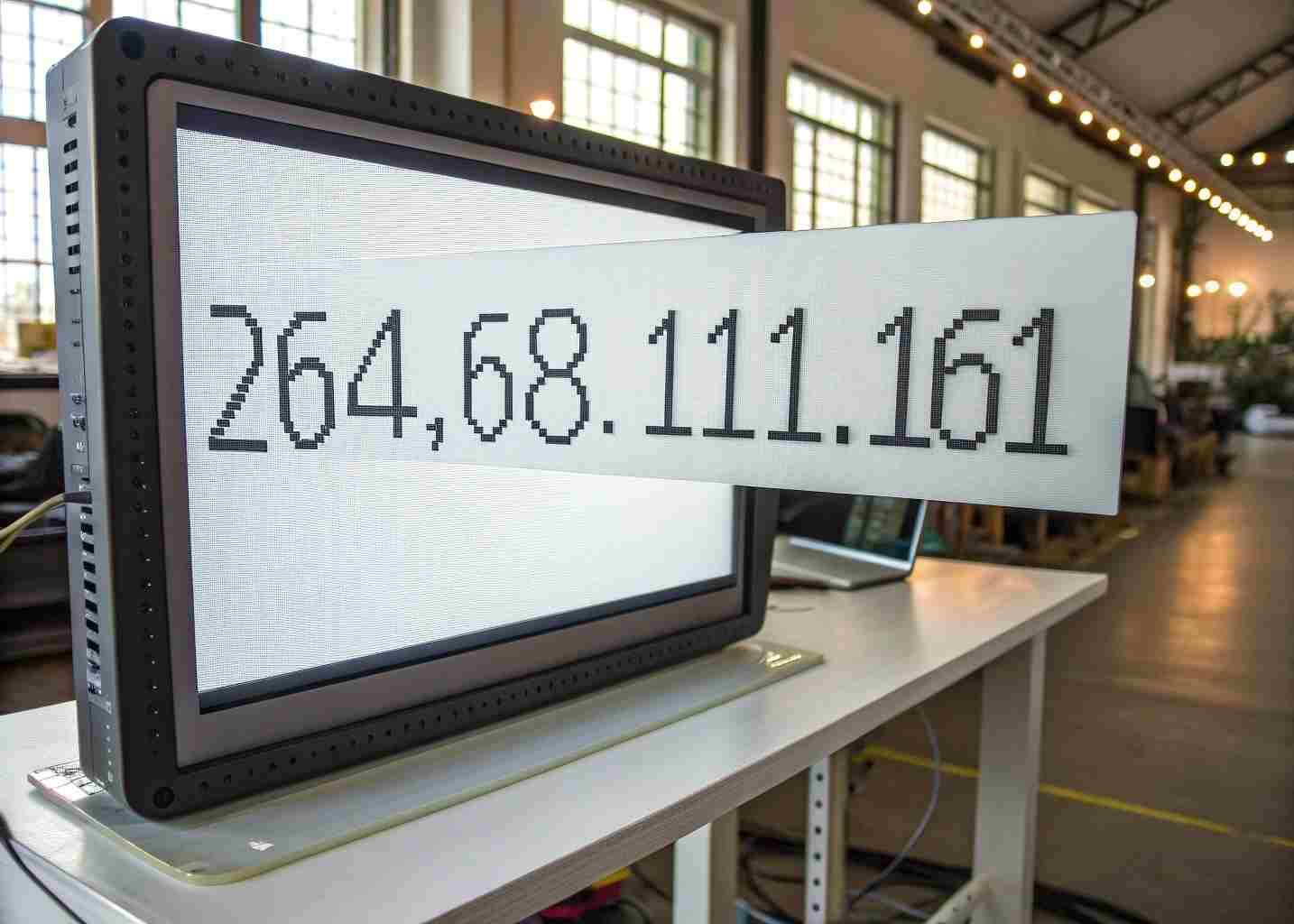Have you ever looked at an IP address and wondered what those numbers actually mean? In today’s digital world, understanding how these identifiers work is more important than ever. Let’s take a closer look at one curious example: 264.68.111.161. While it may appear to be a typical IP address, it hides an important lesson about how networking works—and what happens when it doesn’t.
What Is an IP Address?
An IP address (Internet Protocol address) is a unique identifier assigned to every device that connects to a network. It acts like a digital home address, directing data to the correct destination across the vast network we call the internet.
There are two main versions:
- IPv4 (e.g., 192.168.1.1): A 32-bit system that supports over 4 billion addresses.
- IPv6 (e.g., 2001:0db8:85a3::8a2e:0370:7334): A newer, 128-bit system designed to replace IPv4 as internet use grows.
Without IP addresses, data wouldn’t know where to go—meaning no emails, streaming, or browsing.
What’s Wrong With 264.68.111.161?

At first glance, 264.68.111.161 looks like a valid IPv4 address. But there’s a problem: IPv4 addresses are made up of four numbers (called octets), each ranging from 0 to 255.
The first octet here, 264, exceeds that maximum—making it an invalid IPv4 address. While it follows the format, it breaks the rules of what makes an IP address functional.
This highlights the importance of proper formatting in networking. A single incorrect number can disrupt communication or cause systems to fail entirely.
Why Does It Matter?
Invalid IP addresses like 264.68.111.161 remind us how strict network protocols really are. Inaccurate IPs can:
- Break device communication
- Interrupt online services
- Cause network errors
- Create vulnerabilities in system configurations
Understanding valid address structures helps both everyday users and IT professionals avoid issues when configuring devices or troubleshooting networks.
How Are IP Addresses Used?
Valid IP addresses play essential roles in the digital world, including:
- Connecting devices: Routers, computers, and smartphones all use IPs to talk to one another.
- Hosting websites and services: Servers need IPs to make sites accessible to users worldwide.
- Remote access and security: Businesses rely on static IPs for secure, consistent access.
There are static IPs (permanent) and dynamic IPs (assigned temporarily), and both serve critical purposes in personal and professional networks.
Security Risks of IP Addresses:

Your IP address can reveal more than you’d expect—it can help determine your location, device, and network provider. That’s why IPs are a key target in cyberattacks.
Here are some common risks:
- Hacking attempts: Attackers can exploit open ports tied to an IP.
- Spoofing: Faking an IP to disguise a malicious source.
- Tracking: Websites and apps can trace your behavior using your IP.
To stay safe, it’s essential to use tools like:
- VPNs (Virtual Private Networks)
- Firewalls
- Encrypted connections
These can help mask your real IP and protect your data from snooping.
IPs and Network Administration:
For network administrators, knowing how IP addresses work is second nature. Their job includes:
- Assigning and managing IPs
- Troubleshooting connectivity issues
- Monitoring traffic and preventing conflicts
- Ensuring security protocols are in place
When problems arise—like a misconfigured IP address or an unreachable device—understanding how addresses are assigned and verified makes troubleshooting faster and more efficient.
FAQs:
1. What is an IP address?
An IP address is a unique string of numbers used to identify devices on a network and enable communication between them.
2. What do the numbers in an IP address mean?
They represent different levels of a device’s location in a network, helping to route data to the correct destination.
3. Why is IPv6 necessary?
IPv4 is running out of unique addresses. IPv6 offers a vastly larger pool, solving this limitation with 128-bit identifiers.
4. Why isn’t 264.68.111.161 valid?
In IPv4, each number (octet) must be between 0 and 255. Since 264 exceeds that range, it breaks the format and is invalid.
5. How can I check if my IP address is valid?
You can use online IP validation tools or system commands (like ipconfig on Windows or ifconfig on Linux/macOS) to verify your IP address.
Conclusion:
IP addresses are the backbone of internet communication. They allow devices to find each other, share data, and keep everything online running smoothly.
But not all IPs are created equal. 264.68.111.161 is a great example of how an address that looks valid can actually be completely unusable—due to exceeding the limits of what IPv4 allows.




